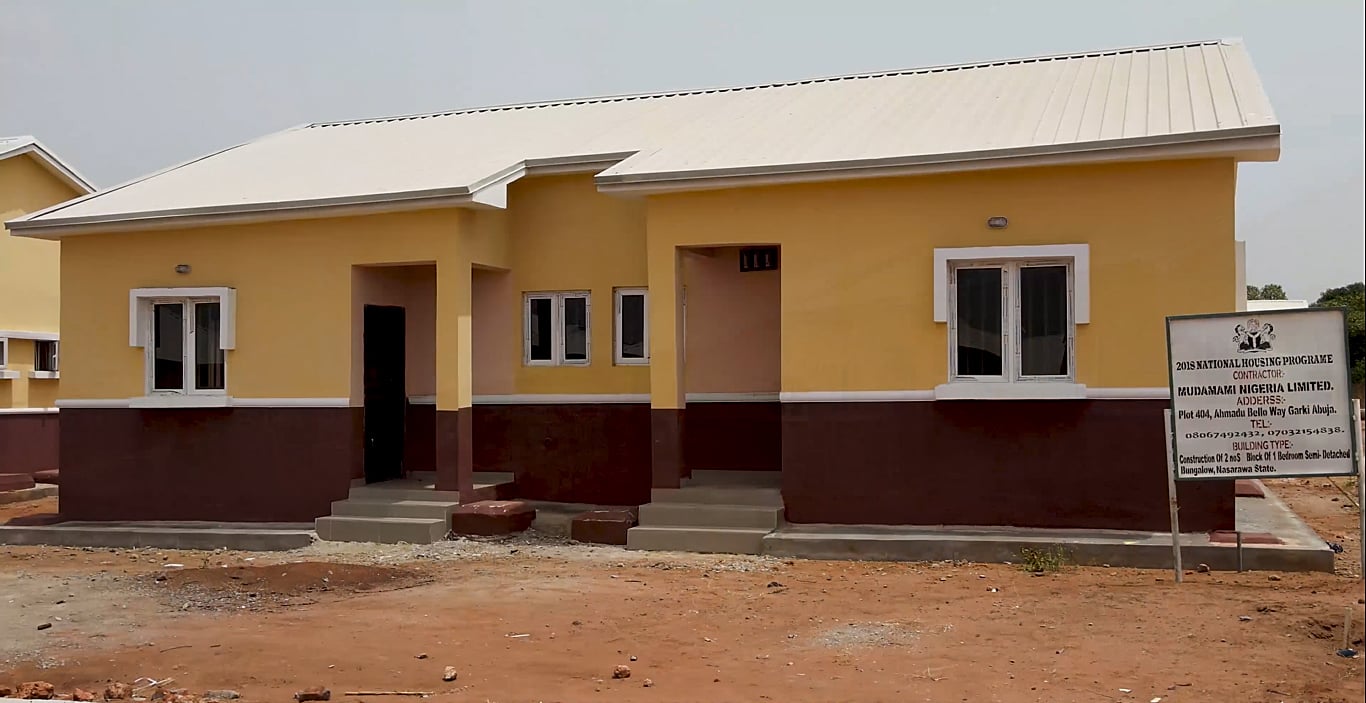
What is a Gross Lease?
Gross leases are one of the typical kinds of commercial leases. They're frequently utilized in office structures, retail spaces, and other business residential or commercial properties where tenants choose the convenience of a repaired cost.
This lease type contrasts with net leases, where tenants are responsible for some or all of the additional costs associated with the residential or commercial property. In a gross lease, the landlord presumes these costs, which are typically factored into the lease.

Gross leases are ideal for tenants who desire to avoid unforeseen expenses and keep their regular monthly outflow consistent, making them an attractive alternative for services focused on steady monetary preparation.
How a Gross Lease Works
In a gross lease, the renter pays a set rental fee that remains constant throughout the lease term. This cost not just covers the cost of leasing the area but also consists of the residential or commercial property's operating expenditures, which the property manager handles. These expenditures normally include:

- Residential or commercial property Taxes
- Insurance
- Utilities
- Maintenance and Repairs
The primary advantage for renters is cost predictability. They pay one consistent amount every month, without fretting about changing expenses. While gross leases may have a greater lease to cover these expenses, the convenience and stability they offer frequently make them a preferred option for organizations.
Kinds Of Gross Leases
Modified Gross Lease
A modified gross lease is a hybrid in between a gross lease and a net lease. In this plan, the occupant pays a set base lease, however likewise accepts cover particular operating costs. The crucial function of a customized gross lease is flexibility; the landlord and renter can work out which costs each party will manage.
Modified gross leases are commonly utilized in multi-tenant structures like office complexes. They enable a reasonable department of expenses, making them attractive when both celebrations wish to share the obligation of residential or commercial property expenses without fully moving them to the tenant.
Full Service Gross Lease

A complete service gross lease is one of the most uncomplicated leasing choices for occupants. In this kind of lease, the tenant pays a single rental quantity, and the property manager covers all operating costs. This makes it easy for occupants to budget given that there are no additional expenses to manage.
Complete gross leases are particularly advantageous in circumstances where tenants want simpleness and predictability, such as in expert office areas. Because all expenses are bundled into one payment, tenants can concentrate on running their organization without fretting about varying expenditures.
Benefits and drawbacks of Gross Leases
For Tenants:
Simplicity: Tenants pay a set quantity each month, making budgeting easier.
Fixed Costs: All business expenses are bundled into the lease, eliminating surprises.
Potentially Higher Rent: The fixed rent frequently consists of a cushion for the property owner to cover any increasing costs, which might lead to a greater rental amount compared to other lease types.
For Landlords:

Advantages
Control Over Residential Or Commercial Property Expenses: Landlords manage and pay all property-related expenses, making sure the residential or commercial property is preserved to their requirements.
Income Predictability: With all expenses factored into the lease, property owners have a steady and foreseeable earnings stream.
Disadvantages
Responsibility for Variable Costs: Landlords bear the threat of increased operating costs, such as spikes in utility costs or unexpected maintenance.
Gross Lease vs. Net Lease
When comparing a gross lease to a triple net lease, the main distinction lies in who spends for the residential or commercial property's business expenses. In a gross lease, the renter pays a fixed lease, and the property manager covers expenses like taxes, insurance, and utilities. In a net lease, the tenant is accountable for some or all of these costs, resulting in a lower base rent however possibly higher overall expenses.
Additionally, investors exploring flexible leasing methods might think about a master lease, which grants functional control and subleasing rights to occupants, supplying special opportunities for earnings generation and residential or commercial property management without complete ownership responsibilities.

Practical Differences:
Cost Predictability: Gross leases deal foreseeable expenses for occupants, while net leases can differ based on actual costs.
Control Over Expenses: In a net lease, renters have more control over particular expenses, such as energies, and might be able to lower expenses through performance steps. In a gross lease, the proprietor handles these costs.
When to Choose Each:
Gross Lease: Ideal for occupants who choose simplicity and steady costs, especially in circumstances where they wish to avoid unforeseen expenditures.
Net Lease: Suitable for occupants who are comfy managing variable expenses and might take advantage of lower base rent. It's also a good option for those who desire more control over the residential or commercial property.
A specific type of net lease, the triple net lease, is popular in business realty. In this arrangement, the tenant is responsible for residential or commercial property taxes, insurance coverage, and upkeep, offering even more control but also more responsibility. Another variation is the absolute net lease, where the tenant handles all property-related costs, leaving the property manager with no monetary commitments beyond collecting rent.
FAQs on Gross Leases
When is a gross lease more helpful for a renter?
A gross lease is more helpful when occupants desire predictable expenses and prefer not to manage variable expenses like energies or upkeep.
What should I look out for when signing a gross lease?
Review which expenditures are included in the lease and guarantee there are no covert costs. Confirm how repair and maintenance responsibilities are managed.
Can a gross lease be renegotiated throughout the lease term?
Renegotiation is possible but depends on the regards to the lease and the property owner's desire. It's finest to clarify any versatility upfront.

Why might a property manager choose a gross lease over a net lease?
Landlords may choose gross leases for the control they provide over residential or commercial property costs and the stability of a predictable earnings.
Are gross leases common in all types of business residential or commercial properties?
Gross leases are most typical in office complex and some retail spaces, but their usage can vary depending on the residential or commercial property type and area.
Closing Thoughts
Understanding the differences between gross leases, net leases, and triple net leases is essential for making notified decisions in industrial property. Whether you're looking for simplicity and predictability or choose more control over residential or commercial property expenditures, understanding which lease type aligns with your financial investment method is crucial.
Ready to check out readily available residential or commercial properties? Browse commercial property listings to discover the best area that matches your requirements and budget plan.








